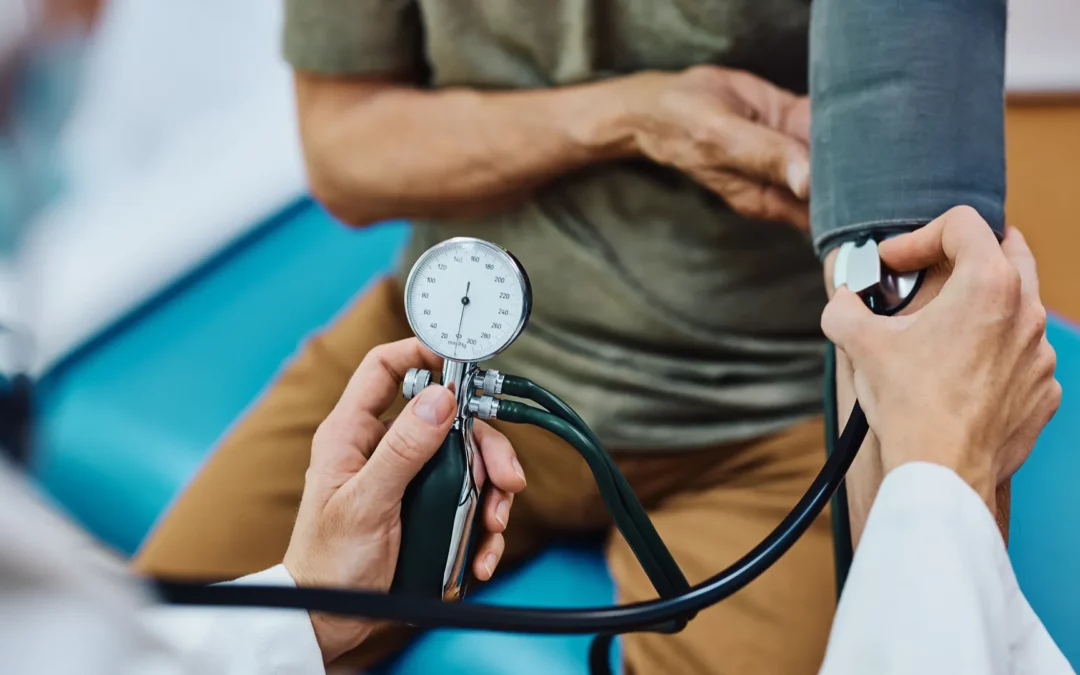
by Audra Starkey | Oct 7, 2020 | De-stress, Immunity, Nutrition
Last week I chatted briefly about a condition called metabolic syndrome (MetS), and how it’s inflammatory effects can alter the normal functioning of lymphatic tissues involved in the immune response. Now there are 5 risk factors that fall under the banner of...

by Audra Starkey | Jun 10, 2020 | Nutrition
Have you ever thought about how fast you might be eating? Seem like a strange question?!! Well, the reason I ask is because according to a study published in the British Medical Journal (2018), eating speed was shown to affect obesity, BMI and...

by Audra Starkey | Mar 26, 2020 | Immunity, Nutrition, Sleep
Things are certainly changing day by day (if not hour by hour) since the outbreak of this coronavirus, but I’d like to just pause for a moment, and ask ourselves what can we learn from this? In other words, what is this corona virus...

by Audra Starkey | Aug 2, 2018 | Sleep
Yesterday I was talking to a potential client, who was bit unsure and hesitant about working with me, so I decided to ask her a few questions regarding her current lifestyle habits. Because let’s face it, our diet and lifestyle habits are often one of the firsts thing...

by Audra Starkey | Mar 26, 2018 | Nutrition, Sleep
It’s certainly no secret that shift work is taxiing on our health in more ways than one. In fact I’m sure you can appreciate first hand just how challenging it is to work irregular hours day after day after day … or should I say night? But what...





